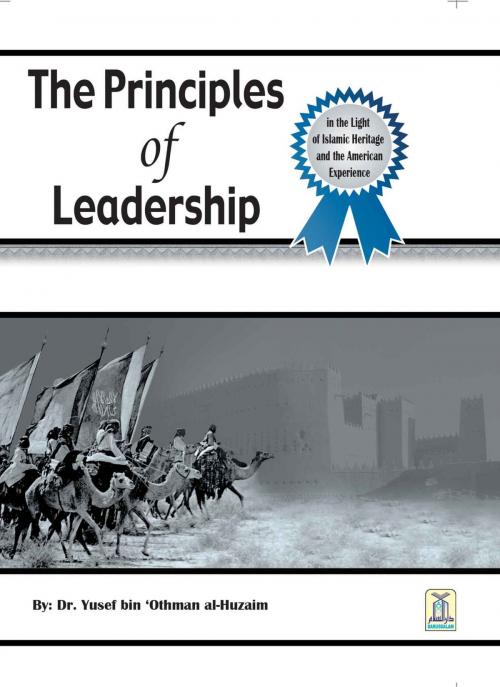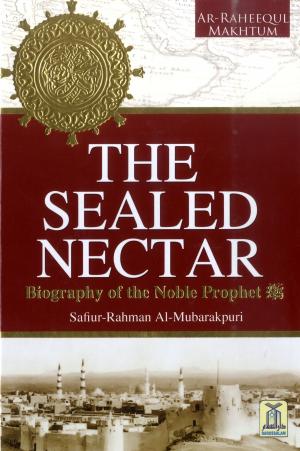| Author: | Darussalam Publishers, Dr. Yusef bin 'Othman al-Huzaim | ISBN: | 1230000237361 |
| Publisher: | Darussalam Publishers | Publication: | May 5, 2014 |
| Imprint: | Language: | English |
| Author: | Darussalam Publishers, Dr. Yusef bin 'Othman al-Huzaim |
| ISBN: | 1230000237361 |
| Publisher: | Darussalam Publishers |
| Publication: | May 5, 2014 |
| Imprint: | |
| Language: | English |
In this book, author Dr. Yusuf bin ‘Uthmān al-Huzaim offers an insightful awareness of the many theories and practices of leadership deriving from Islamic heritage and the modern American experience. This study is not so much a comparative one as it is a complementary one, in an attempt to fuse together the contributions and developments that have emerged from both domains as a way of forging new grounds within this specialization we know as leadership. Like most literature on leadership, this work is full of conceptual frameworks and models, real-life examples and figures, practical advice, and recommendations. However, Dr. al-Huzaim does something more in his study of leadership: he combines Western management theory and practices with Islamic principles. From an Islamic standpoint, Dr. al-Huzaim does not rely on Western philosophy to establish principles of leadership, but he draws on them to demonstrate the vast wealth of literature on the subject (a point he emphasizes to the Arab world for its lack of specialized works in this field), while only tending to draw on those that are in agreement with the truth.
In this book, author Dr. Yusuf bin ‘Uthmān al-Huzaim offers an insightful awareness of the many theories and practices of leadership deriving from Islamic heritage and the modern American experience. This study is not so much a comparative one as it is a complementary one, in an attempt to fuse together the contributions and developments that have emerged from both domains as a way of forging new grounds within this specialization we know as leadership. Like most literature on leadership, this work is full of conceptual frameworks and models, real-life examples and figures, practical advice, and recommendations. However, Dr. al-Huzaim does something more in his study of leadership: he combines Western management theory and practices with Islamic principles. From an Islamic standpoint, Dr. al-Huzaim does not rely on Western philosophy to establish principles of leadership, but he draws on them to demonstrate the vast wealth of literature on the subject (a point he emphasizes to the Arab world for its lack of specialized works in this field), while only tending to draw on those that are in agreement with the truth.















